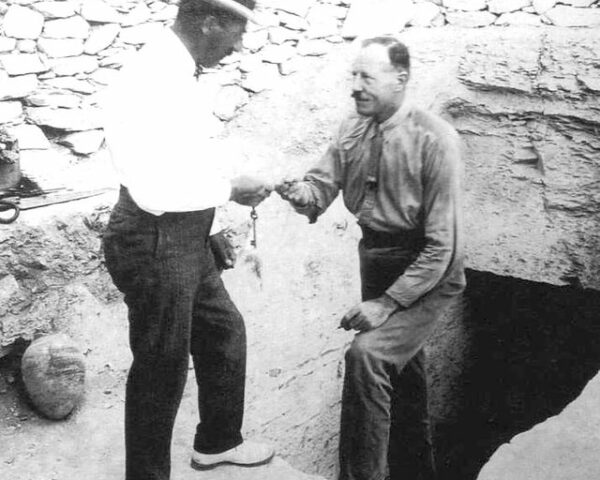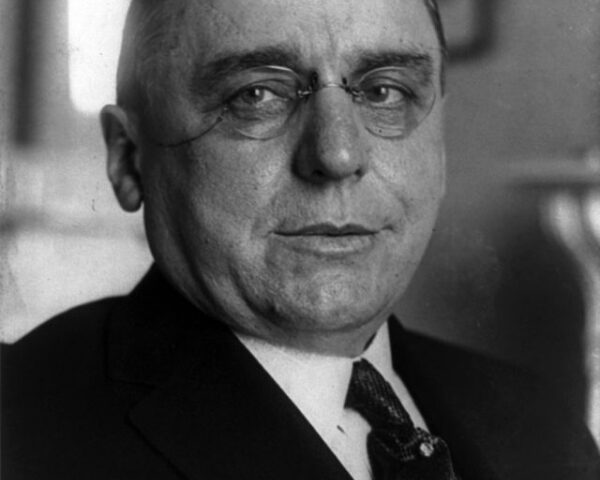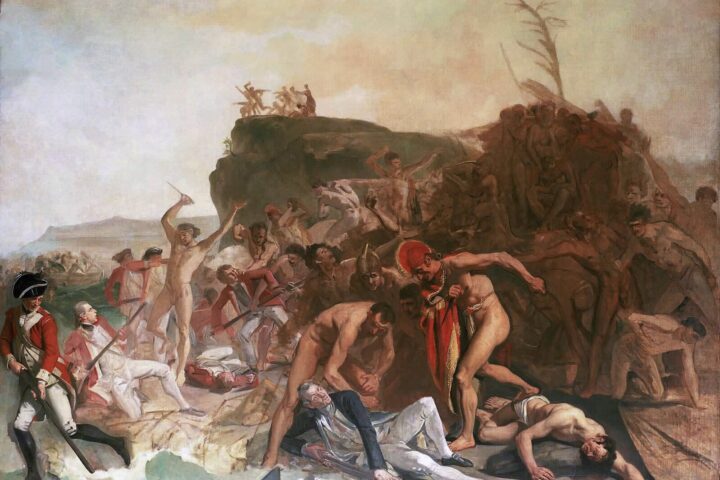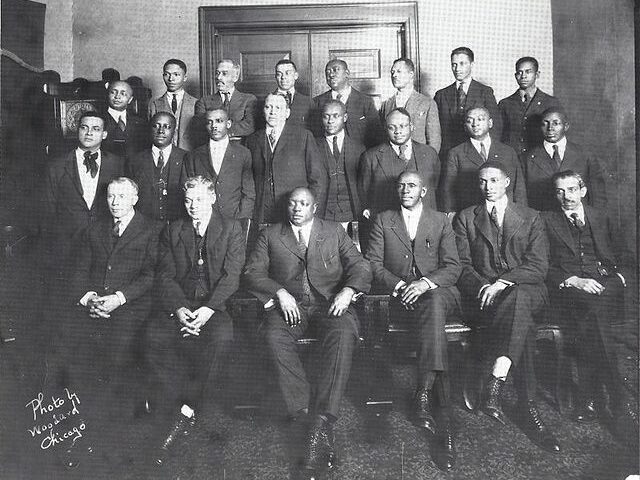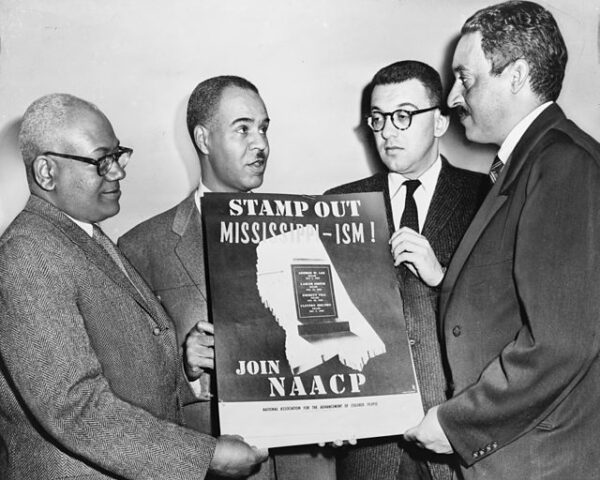On February 17, 1944, U.S. forces launched a decisive assault on the Eniwetok Atoll in the Marshall Islands, marking another critical step in the Central Pacific drive toward Japan. The operation—part of a broader campaign following the capture of Kwajalein earlier that month—reflected the…
Read MoreThe presidential election of 1800 was one of the most pivotal and contentious moments in American political history, revealing both the strengths and weaknesses of the nation’s young electoral system. The contest between Thomas Jefferson and Aaron Burr, both representing the Democratic-Republican Party, resulted…
Read MoreOn February 16, 1959, Fidel Castro formally assumed the office of Prime Minister of Cuba, six weeks after the flight of Fulgencio Batista ended his military-backed regime. Batista had ruled Cuba as an elected president in the early 1940s. But after seizing power in…
Read MoreOn February 16, 1923, British archaeologist Howard Carter opened the burial chamber of Pharaoh Tutankhamun, marking a landmark moment in Egyptology. This breakthrough was the result of years of excavation in the Valley of the Kings, driven by Carter’s firm belief that the tomb…
Read MoreOn February 15, 1933, in Miami, a single handgun cracked through the warm evening air and altered the course of American political history. The target was President-elect Franklin D. Roosevelt. The man who would die instead was Anton J. Cermak, the sitting mayor of…
Read MoreThe Allied bombing of Dresden, culminating on February 15, 1945, remains one of the most debated military operations of World War II. Over four air raids between February 13 and 15, the British Royal Air Force and the United States Army Air Forces launched…
Read MoreOn February 14, 1779, British explorer and navigator Captain James Cook was killed by Native Hawaiians near Kealakekua Bay on the island of Hawai‘i. His death marked a violent and symbolic end to a career that had significantly expanded European knowledge of the Pacific…
Read MoreOn February 13, 1920, in a Kansas City YMCA, a group of Black baseball owners gathered under the leadership of Andrew “Rube” Foster and did something quietly revolutionary: they founded the Negro National League, the first successful, organized professional baseball league for African American…
Read MoreOn February 13, 1914, a group of distinguished songwriters, composers, and music publishers gathered at the Hotel Claridge in New York City to establish the American Society of Composers, Authors, and Publishers (ASCAP). Their goal was both simple and groundbreaking: to protect the copyrights…
Read MoreOn February 12, 1909—coinciding with the centennial of Abraham Lincoln’s birth—a small but determined coalition of Black and white reformers gathered in New York City to launch what would become one of the most consequential civil rights organizations in American history: the National Association…
Read More




